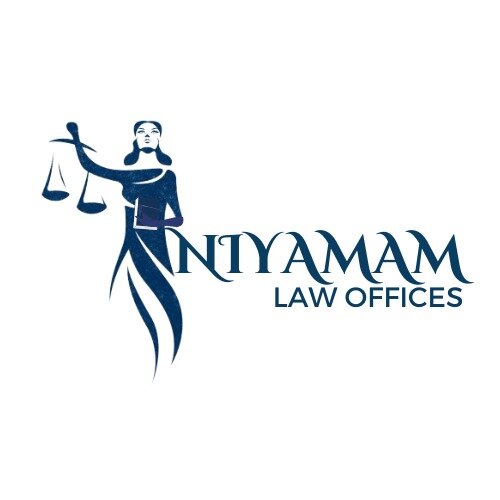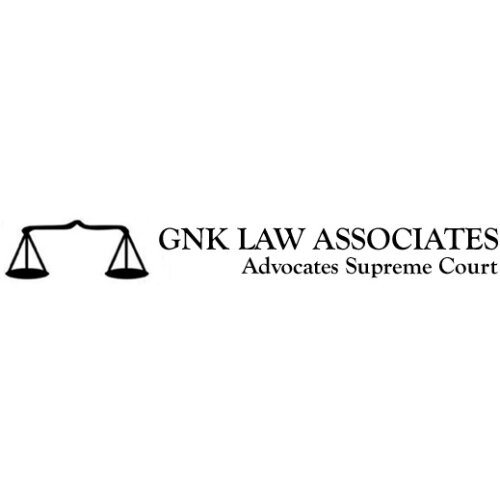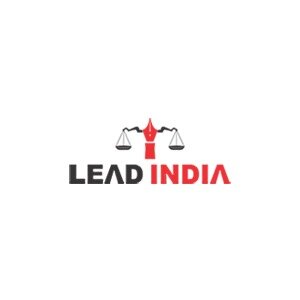Best Adoption Lawyers in Delhi
Share your needs with us, get contacted by law firms.
Free. Takes 2 min.
Free Guide to Hiring a Family Lawyer
List of the best lawyers in Delhi, India
About Adoption Law in Delhi, India
Adoption in Delhi, India, is governed by a set of laws designed to protect the best interests of the child while helping adoptive parents to provide a loving and supportive environment. In India, the primary laws governing adoption include the Hindu Adoption and Maintenance Act, 1956 (HAMA) for Hindus, and the Juvenile Justice (Care and Protection of Children) Act, 2015 (JJ Act) which allows adoption irrespective of the religion of the adoptive parents. The process in Delhi involves legal procedures under the supervision of competent authorities to ensure compliance with these laws.
Why You May Need a Lawyer
Adoption is a legal process that involves various procedural and bureaucratic steps. Here are some common situations where you might require legal help:
- If you are unclear about eligibility criteria as per Indian laws.
- For navigating the different adoption regulations, particularly if adopting through a governmental agency or from a different state/country.
- In case of inter-country adoption, which has additional legal requirements.
- If facing legal challenges, such as disputes over the child's custody rights or the validity of the adoption.
- To prepare and process necessary documentation efficiently.
Local Laws Overview
The key aspects of local laws relevant to adoption in Delhi are primarily governed by the Hindu Adoption and Maintenance Act, 1956 for Hindus, and the Juvenile Justice (Care and Protection of Children) Act, 2015 for others. The District Court and the Adoption Resource Authority under the Ministry of Women and Child Development are significant authorities in this domain. Adoption procedures require obtaining a certification from licensed agencies, making a formal application to the court, and adhering to periodic reviews and assessments by child protection bodies to ensure fit and proper conditions of adoption.
Frequently Asked Questions
Who can adopt a child in Delhi?
Individuals who fulfill the criteria set by the HAMA or JJ Act, including age, marital status, and other conditions can adopt. Prospective parents must also be evaluated by licensed adoption agencies.
What is the legal age requirement for adopting a child?
The minimum age for adopting is 21 years for both males and females, but this varies for different regulations and adoption processes.
Can single parents adopt in Delhi?
Yes, single parents are eligible to adopt under the JJ Act, subject to certain conditions regarding age and financial stability.
What is the process for inter-country adoption?
Inter-country adoption is governed by the Hague Convention. It requires following the guidelines of the Central Adoption Resource Authority (CARA) and getting permissions from appropriate governmental bodies.
Is there a waiting period for adopting a child?
Yes, there is a waiting list maintained by adoption agencies, and the duration can vary based on factors like the child’s age, health conditions, and prospective parent's preferences.
What are the costs involved in adopting a child?
Adoption can involve process fees, documentation, and legal fees, which are regulated by authorities to ensure they remain reasonable.
Do adopted children have rights to the adoptive parents' property?
Yes, legally adopted children have the same rights as biological children to inherit the property of their adoptive parents.
What agencies are involved in the adoption process?
Licensed adoption agencies, CARA, child welfare committees, and district courts play crucial roles in the adoption process.
How long does the adoption process take?
The duration of the adoption process can vary widely from several months to a year, depending on case specifics and compliance with legal requirements.
Can the biological parents reclaim their child after adoption?
Once the adoption process is legally finalized, biological parents cannot reclaim the child unless it can be proven that the order of adoption was obtained through fraud or misrepresentation.
Additional Resources
For additional help, consider reaching out to these resources:
- Central Adoption Resource Authority (CARA)
- Delhi Government's Department of Women and Child Development
- Licensed Adoption Agencies in Delhi
- District Courts and Family Courts in Delhi
Next Steps
If you need legal assistance with adoption, here are a few steps you can follow:
- Research and consult with a lawyer who specializes in family law and adoption.
- Gather all necessary documents, including identity proofs, income proofs, and background information.
- Contact a licensed adoption agency to understand and initiate the process.
- Prepare for home studies and interviews as required by agencies or legal authorities.
- Remain informed about each step of the legal process to ensure compliance.
Lawzana helps you find the best lawyers and law firms in Delhi through a curated and pre-screened list of qualified legal professionals. Our platform offers rankings and detailed profiles of attorneys and law firms, allowing you to compare based on practice areas, including Adoption, experience, and client feedback.
Each profile includes a description of the firm's areas of practice, client reviews, team members and partners, year of establishment, spoken languages, office locations, contact information, social media presence, and any published articles or resources. Most firms on our platform speak English and are experienced in both local and international legal matters.
Get a quote from top-rated law firms in Delhi, India — quickly, securely, and without unnecessary hassle.
Disclaimer:
The information provided on this page is for general informational purposes only and does not constitute legal advice. While we strive to ensure the accuracy and relevance of the content, legal information may change over time, and interpretations of the law can vary. You should always consult with a qualified legal professional for advice specific to your situation.
We disclaim all liability for actions taken or not taken based on the content of this page. If you believe any information is incorrect or outdated, please contact us, and we will review and update it where appropriate.

















